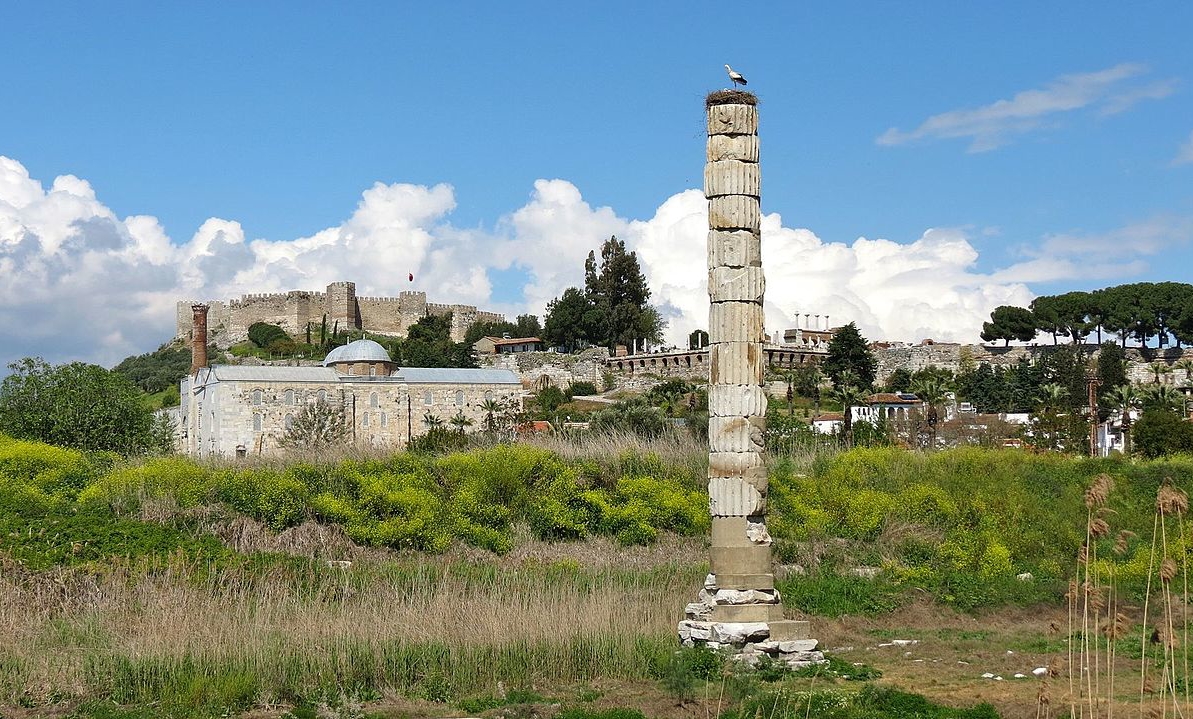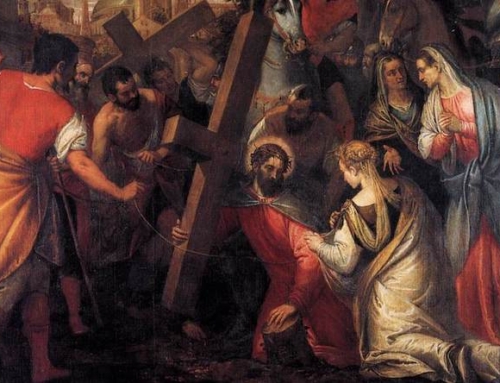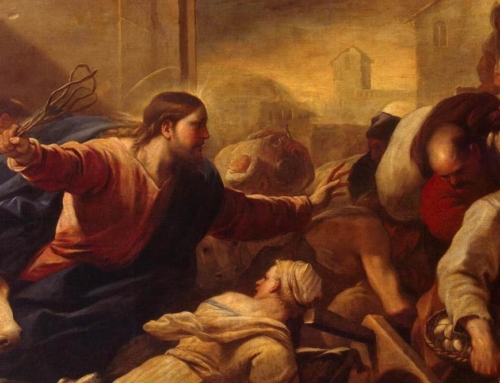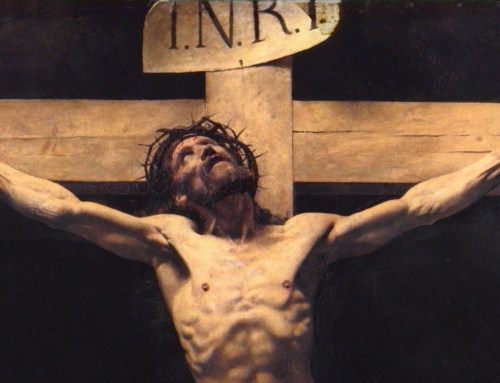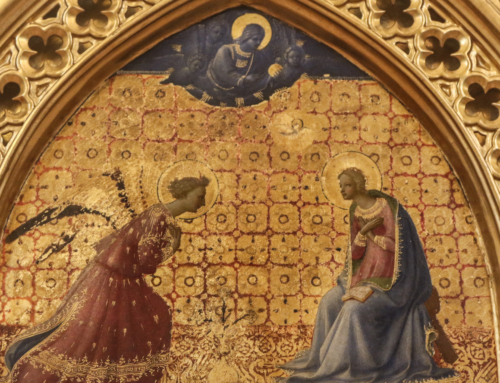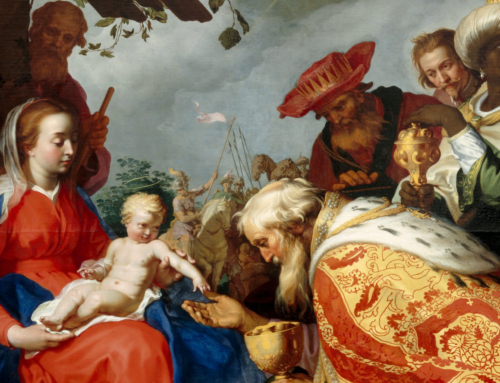Popular Hollywood movies seldom express deep theological insights. The recent Wonder Woman film, while not exactly an exception to this rule, allows the opportunity to reflect a little on an incarnate god (light spoiler alert). The hero of the film, Diana, is the daughter of Zeus and the queen of the Amazons, a goddess-woman. Her selflessness and her struggle against evil in the movie led some to call her a Christ figure. How does this comic book hero with a veneer of Greek mythology compare to the Christian theology of Jesus Christ?
The most obvious difference is that Diana is just one god among many gods. There is Zeus, the big guy, along with the Pantheon of his wife, siblings, and children. At one level, Wonder Woman is the story of the struggle between the good gods and the evil gods, especially between Diana and Ares, the god of war. The good god and the evil god are equally divine children of Zeus. The fabric of the universe is woven with this dualist war between equally divine good and divine evil. The people of Israel dismissed such a conception of the cosmos: “The gods of the heathens are naught” (Ps. 96:5). There is but one Lord and God, one who is divine, and in Him, there is nothing of evil. The Adversary, Satan, in no way equals God. Jesus and Satan are not siblings like Diana and Ares.
Diana changes. She learns who she is from a wise woman, she grows confused, she changes her mind. Most importantly, she is susceptible to death. The gods in this story can be killed like human beings. The truth is that Diana and the other gods are essentially human beings. They are just really big, really smart, really powerful human beings. Jesus Christ is different. He is fully God as well as fully man. As fully God, Jesus does not learn who He is from any human. Even as a child, Jesus possessed the fullness of knowledge and wisdom. Mary and Joseph find Him in the Temple amazing all the scribes and elders of Israel with the plenitude of His wisdom. Jesus’ answer to His earthly parents’ anxious inquiry reveals His knowledge of His identity: “Did you not know that I must be in my Father’s house?” (Lk. 2:49). From all eternity, He knows that He is the divine Son of the Father.
These differences between Diana and Jesus lead to the heart of what sets them apart. Wonder Woman can’t save the world, only Jesus can. Although the man in love with Diana tells her that she can save the world, Diana ends the film realizing that she can’t: “Only love can truly save the world.” The sin and wickedness of man fill her with confusion. Seeing the darkness that dwells within the fallen heart of man, Diana realizes she does not have what it takes to save the human race. Only the perfect God-Man, who revealed that “God is love” (1 Jn. 4:8), can save man. And that is what love came down from heaven to accomplish. St. Catherine of Siena compares the Incarnation of the Lord to the action of a lover. Addressing God, she says, “the soul runs away from you and you go looking after her. She strays and you draw closer to her. You clothed yourself in our humanity, and nearer than that you could not have come.” Jesus Christ became man to seek and to save wayward mankind. The eternal, unchanging God pursues every soul with love, desiring that soul’s salvation.
Wonder Woman makes for a nice superhero. She’s intelligent and compassionate, powerful and selfless. At the end of the day, however, Diana doesn’t make for much of a god. That is why the paganism of the ancient world crumbled before the Gospel of Jesus Christ. For centuries the Temple of Artemis (the Greek name of the goddess Diana) at Ephesus drew devotees from the Mediterranean basin who prayed for aid from dumb idols, the work of human hands, powerless to render assistance. When a ragtag Benjamite Paul preached the Gospel, many realized that only in the true God could they find the peace and happiness that complete them. That Temple of Artemis now stands in ruins while the true God continues to build the Temple of the Holy Spirit in the souls of those who acknowledge the Savior of the World.
✠
Image: Erik Cleves Kristensen, Temple of Artemis

